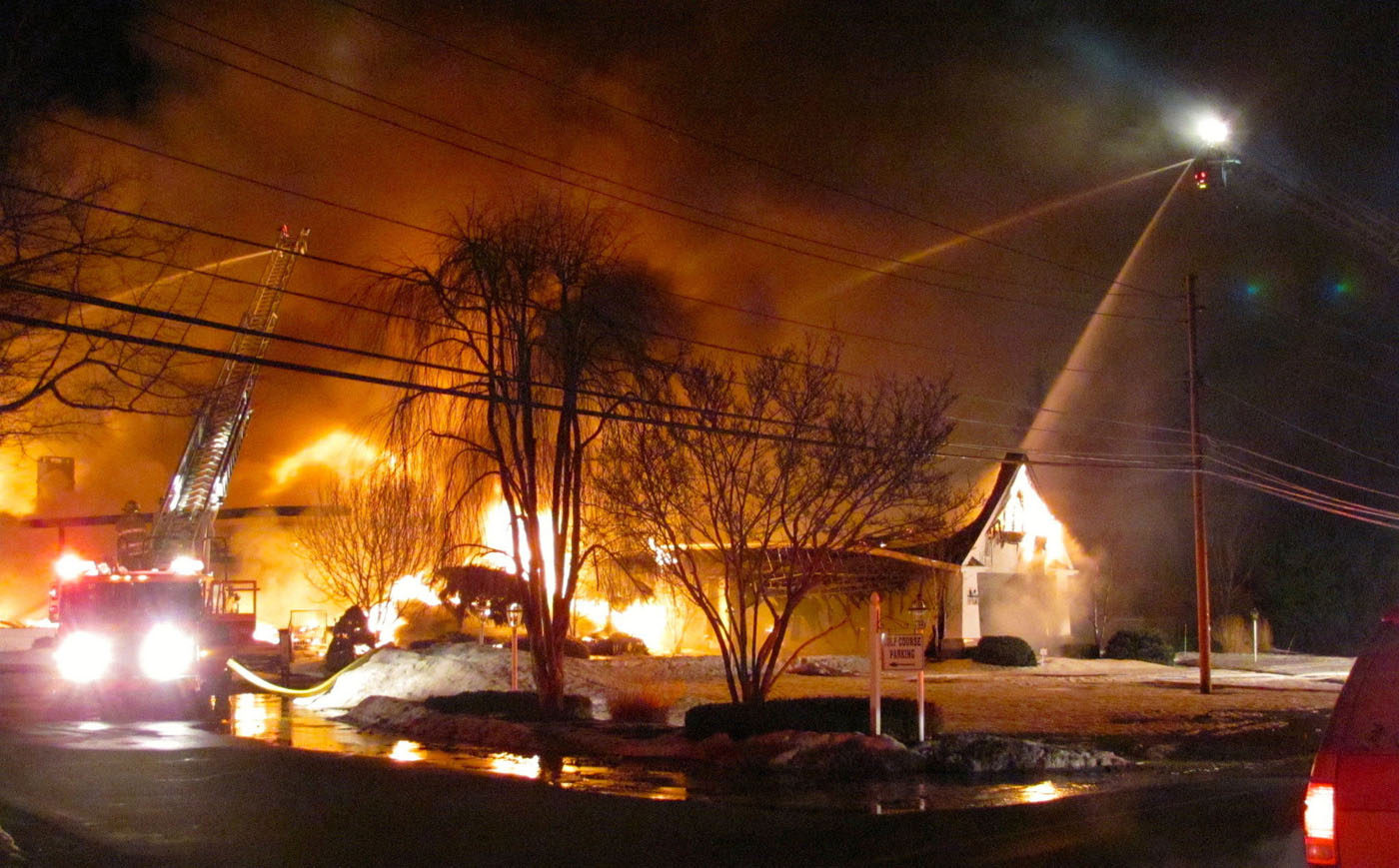 The Communication for Development and Advocacy Consult (CDA Consult) has called on Journalists to avoid the usage of words that have the potential of setting the country on the path of conflict during this electoral period.
The Communication for Development and Advocacy Consult (CDA Consult) has called on Journalists to avoid the usage of words that have the potential of setting the country on the path of conflict during this electoral period.
“Ghana is at an electoral cross road as scores of the public claiming to be overnight electoral experts are propounding several mandatory electoral reforms to the Electoral Commission (EC), the stage is therefore ripe for aggressive antagonistic campaign.
“The media as constitutionally mandated watchdogs must protect the national communication gate to ensure that information disseminated to the public are pure, devoid of hate speech with insightful words,” Mr Francis Ameyibor, General Coordinator of CDA Consult stated at Ho.
Mr Ameyibor who was speaking at a workshop organised by the Legal Resources Centre (LRC) and sponsored by the British High Commission for Journalists from Western, Central, Eastern, Volta, and Greater Accra Regions at Ho, noted that the basis of either conflict or peace emanated from the usage of “One word”.
The capacity training sought to provide guidance and practical knowledge for effective, non-violent, positive citizen participation in election.
It was also aimed at equipping journalists with the requisite skills in election reportage to ensure violent free, transparent and credible general elections.
“The media as traditional gatekeepers must desist from using or offering a platform for politicians to use that ‘one word’ which could create confusion, setting the stage for conflict.
“Journalists and politicians must use that one word which will lead to building national cohesion and holding us all together as one people with a common destiny,” Mr Ameyibor noted.
The CDA Consult General Coordinator appealed to journalists, politicians, and the general public to resist the temptation of using that one word to ignite conflict; “think about the impact on your family, the image of this country among the community of nations”.
Speaking on “General guidelines for coverage of elections,” Mr Ameyibor urged media practitioners to be fair to all political parties and independent candidates so as to enhance free and peaceful 2016 elections.
He told Journalists to promote and disseminate truthful unbiased political and electoral news to feed the general public… “You must reduce conflict and contribute to peace-building efforts through the application of ethical and professional standards.
“Journalists should be guided by the media’s role in conflict prevention, peace-building and reconciliation instead of fanning political violence; foster responsible and accurate reporting in conflict situations, based on facts and fair treatment of all parties involved, giving as many view points as necessary in their proper content, context and unbiased way, avoiding inflammatory language, taking sides and giving opinions”.
Mr Ameyibor also urged journalists to avoid writing one-sided stories and allegations…“Check and crosscheck information and figures and treat statements on opinion polls with great circumspection.
He reminded media practitioners that the duty of every journalist is to write and report the truth, bearing in mind his/her duty to serve the public as the public have the right to unbiased, accurate, balanced and comprehensive information as well as the opportunity to express themselves freely through the media.
Ms Daphne Lariba Nabila, LRC Executive Director, underscored the need for journalists to protect the rights of electorates and be mindful of legal principles bordering on elections.
She stressed on the need for journalists to play their watchdog role in exposing rots and human right violations during elections.
Ms. Nabila who is a legal practitioner charged the media to highlight and address such activities to the appropriate quarters for redress.
She said the laws of the country places high premium on issues of human right violation and also laws relating to elections, and that the media as key stakeholder, has a major role to play in protecting the rights of persons, hence the need for the training workshop.
Participants were taken through various topics such as basic media ethics, role of the media in conflict management and peace building, ethical guidelines in elections reportage as well as general guidelines for credible election coverage.
Source: GNA


